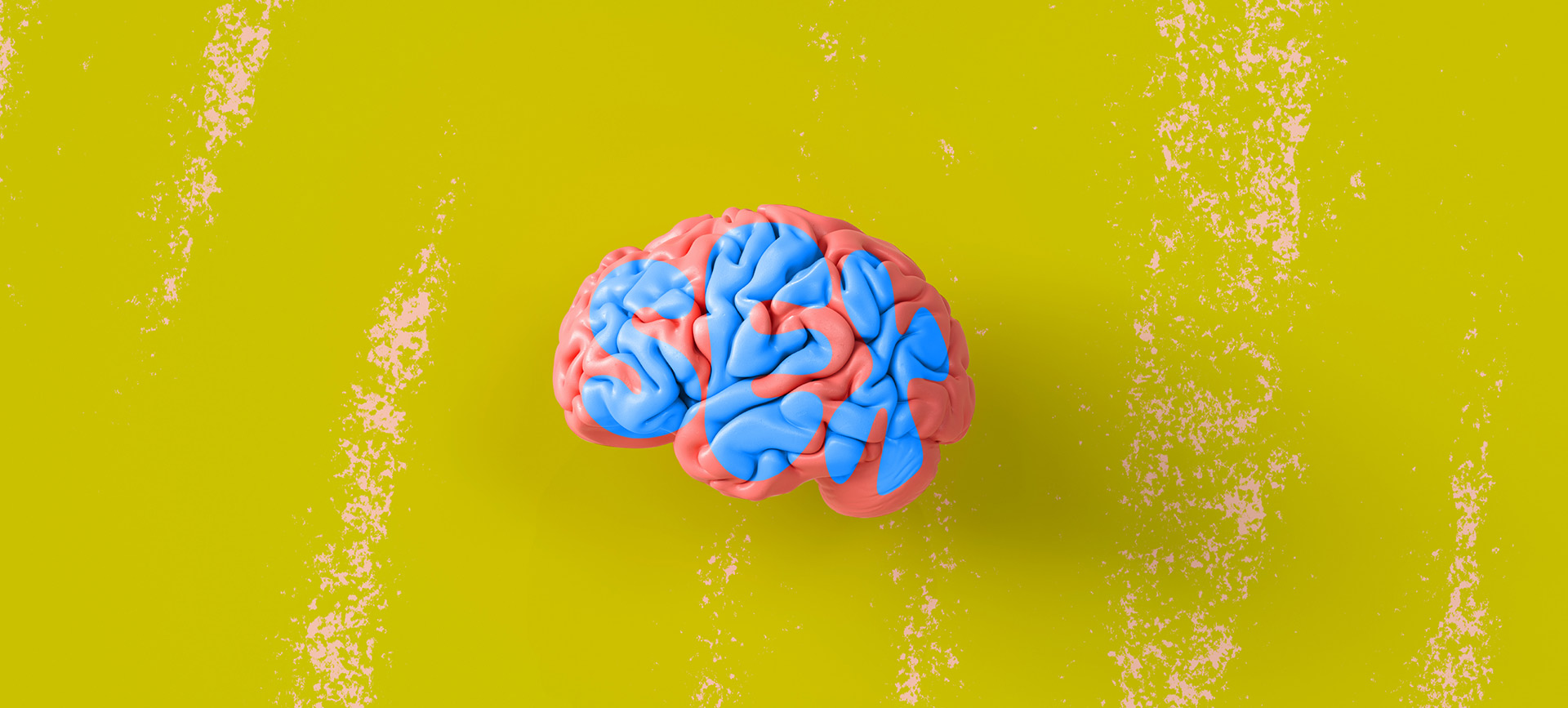"The biggest sex organ is the brain," Gronski said.
Feeling worried, stressed, anxious or scared about something, like pain or feeling pressured to please and perform, ramps up the sympathetic nervous system, she said.
"This means increased arterial constriction, blood flow changes to urogenital organs and digestive system, muscular guarding and tension, and diminished sexual appetite," Gronski continued.
Gronski explained the sexual response cycle in five stages:
Desire
- The need to fulfill a sexual appetite.
- Intellectual and emotional openness to engaging sexually.
- Desire can be spontaneous or responsive.
Arousal
- Heart rate increases.
- Respiratory rate increases.
- Blood flow to genitals increases.
- The parasympathetic nervous system is modulated. (The parasympathetic nervous system helps your body relax after periods of stress and helps run other life-sustaining processes, such as digestion.)
- Release of dopamine.
- Facilitates an increase in sex drive and orgasm.
- Arousal can wax and wane throughout a sexual encounter.
Plateau
- Breathing becomes more rapid.
- Muscles continue to tense.
Orgasm
- There is no formal definition of orgasm. One description is that the orgasm represents peak pleasure in the moment.
- Orgasm may or may not involve ejaculation.
- Rhythmic, involuntary contraction of pelvic floor muscles, anal sphincter and prostate/uterus.
- The sympathetic nervous system—the "fight, flight, freeze" part of the central nervous system—is modulated.
- "Feel good" chemicals, such as dopamine and oxytocin, are released from the brain.
- Research indicates brain activity during orgasm is the same for women and men.
Resolution
All systems involve a "slowdown back to baseline," and engorged/swollen erectile tissue returns to its normal size and color.
"The brain has the power to inhibit or facilitate any of the above processes, which is why it is important to view sexuality in relation to the whole person, [including] biological, psychological, sociocultural and interpersonal influences on their sexuality," Gronski noted.
For example, she said if a person experiences sexual pain, fear or any other potential threat to the person or their body, identity, relationships, work, hobbies and so on, the brain ramps up protective mechanisms.
"The brain is always predicting the next step ahead and weighing the world for us moment by moment," Gronski explained. "These predictions produce outputs like motor responses, such as muscle activation or inhibition, feelings [and] emotions, and influence behavior."
Getting in the mood
"Sex for many of us is one of the most joyous activities in our lives," said Alex Dimitriu, M.D., who is double board-certified in psychiatry and sleep medicine and the founder of Menlo Park Psychiatry & Sleep Medicine in California and BrainfoodMD.
"Whenever I work with patients and see that there's something off about sleep, sex or drugs, it always compels me to investigate further as these are often the tips of the iceberg," he explained.
Dimitriu noted many factors can contribute to issues in these three key areas. Most fundamentally, sex requires energy, desire and an ability to relax and enjoy.
"Sex, I believe, is the ultimate mindfulness practice," he added. "As anyone knows, trying to have sex while worried about a meeting the next day often does not go well. So, indeed, sex requires presence to be good."
If you feel your mental health is affecting your sex life or your sex life is affecting your mental health, Gronski advised seeking support from a qualified sex therapist. She encouraged people to find a sex therapist who is a licensed mental health professional specializing in treating people with sexual issues and concerns, and can provide in-depth psychotherapy.
Regarding what you can do personally, Gronski recommended talking to your partner.
"If a person feels safe in their relationship, I would empower them to turn toward their partner[s]—if partnered—as an erotic friend and share their sexual and mental vulnerabilities," she said.
This communication can help your partner understand how these sexual and/or mental health challenges have been affecting you.
"Sometimes just naming out loud what we are holding inside is very therapeutic," Gronski said.
Additionally, she encouraged people to stay connected to their sexual selves even when not "in the mood" for sex.
"I often ask my clients, how can you expand your sexual portfolio to connect with your sexual/sensual self or whatever kind of intimacy the person feels comfortable [with] and has the capacity to engage in at that time?" she noted.
Examples of expanding your sexual portfolio might include massage, cuddling, holding hands, exercise like walking, yoga or hiking, watching a funny movie, eating your favorite food or simply carving out time for conversation.
Of course, there are lots of other ways to make sure your sexual health and mental health are positively working together to form a desirable sexual experience.














